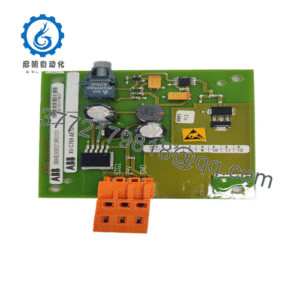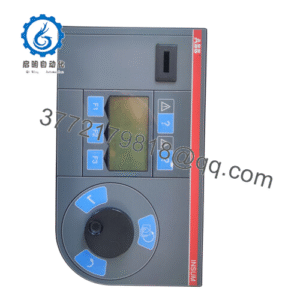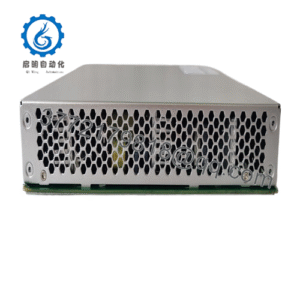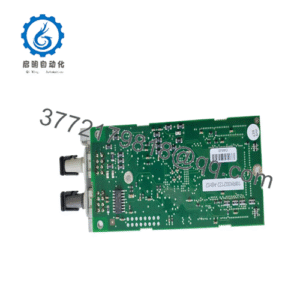Description
The GE IS210AEBIH3BEC is a high-performance AE (Analog Electronics) Bridge Interface Card designed for use in GE’s Speedtronic Mark VIe wind turbine control systems. It serves as a precise and reliable interface for analog signal acquisition, conditioning, and processing, supporting critical turbine monitoring and control functions.
Key Features:
- Analog Inputs: 8 channels supporting standard industrial voltage range ±10 V and current range 4-20 mA.
- Analog Outputs: 8 channels supporting the same voltage and current ranges.
- Resolution: 16-bit resolution for both inputs and outputs, ensuring very precise measurements.
- Update Rate: Fast 1 ms update rate for real-time control responsiveness.
- Input Voltage: Operates at 220 V AC nominal, compatible with standard industrial power supplies.
- Communications: Supports Ethernet connection options for integration with turbine control networks.
- Electrical Isolation: Designed with robust isolation to protect against electromagnetic interference (EMI), ensuring signal integrity.
- Certifications: UL and CE certified, meeting industry safety and quality standards.
- Compact form factor optimized for panel mounting within turbine control cabinets.
Technical Specifications:
| Parameter | Value |
|---|---|
| Model | GE IS210AEBIH3BEC |
| Manufacturer | General Electric (GE) |
| Product Type | Analog Electronics Bridge Interface Card |
| Analog Inputs | 8 channels, ±10 V, 4-20 mA |
| Analog Outputs | 8 channels, ±10 V, 4-20 mA |
| Resolution | 16-bit |
| Update Rate | 1 ms |
| Input Voltage | 220 V AC nominal |
| Communication | Ethernet support |
| Electrical Isolation | High isolation for EMI protection |
| Certifications | UL, CE |
| Application | Wind turbine control systems |
- IS210AEBIH3BEC
- IS210AEBIH3BEC
Applications:
- Used primarily in wind turbine Speedtronic Mark VIe control platforms to monitor and control critical turbine parameters.
- Enables precise analog signal handling from sensors and output control signals to actuators.
- Essential for maintaining turbine operational safety, efficiency, and performance integrity.
Installation is typically panel-based within the wind turbine control cabinet, ensuring secure connections and proper electrical isolation. Diagnostics and configuration are managed via GE’s turbine control software suites.
This board represents a core component in modern wind turbine control systems, supporting real-time monitoring and control while enhancing system reliability and protecting against signal interference.

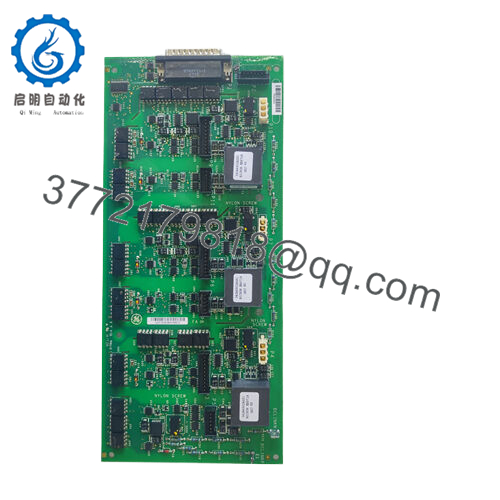
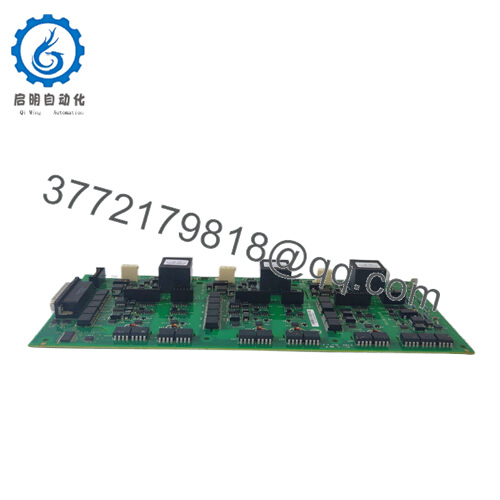
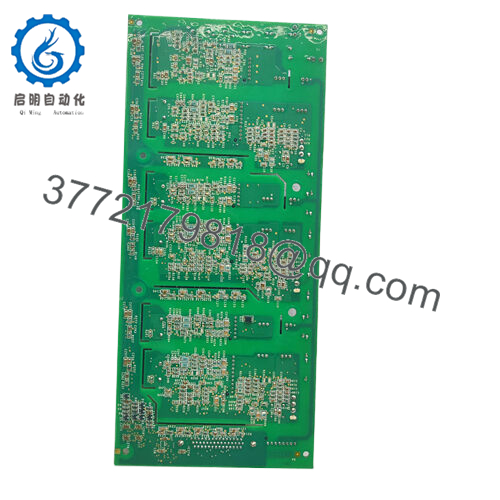
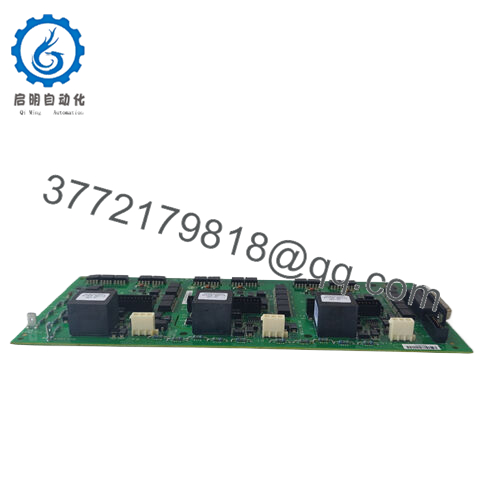
 WhatsApp: +86 16626708626
WhatsApp: +86 16626708626 Email:
Email:  Phone: +86 16626708626
Phone: +86 16626708626